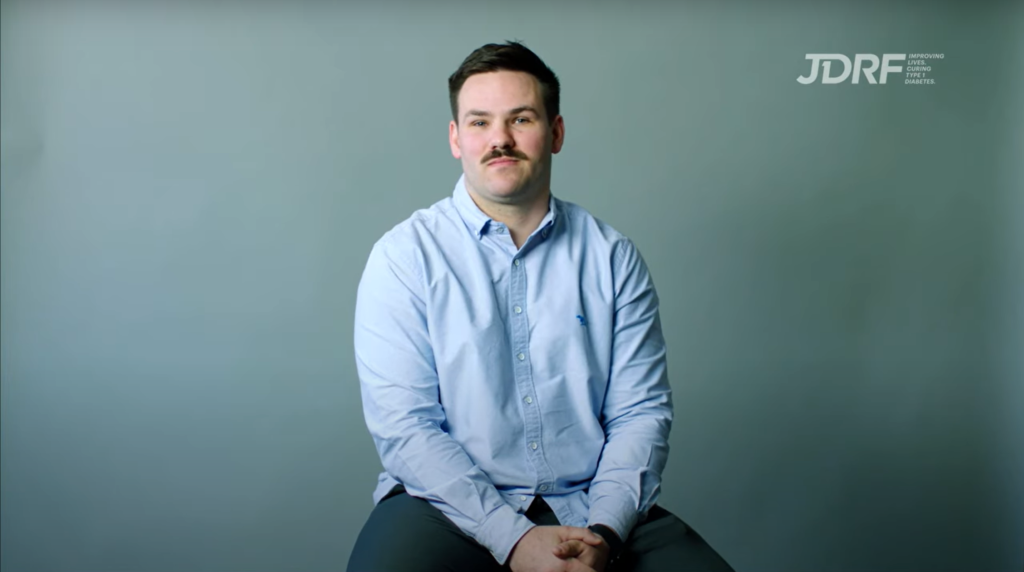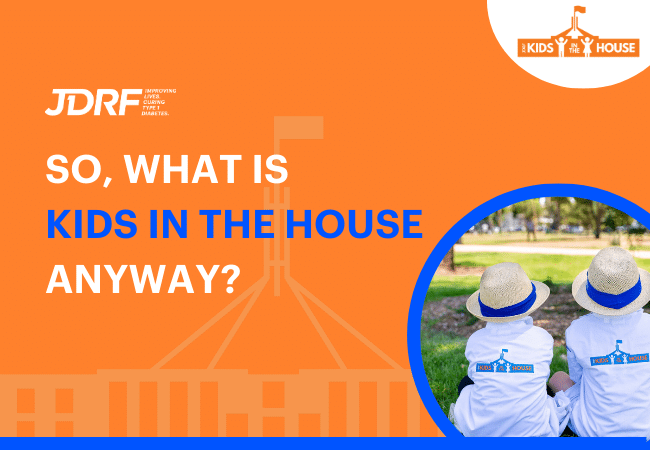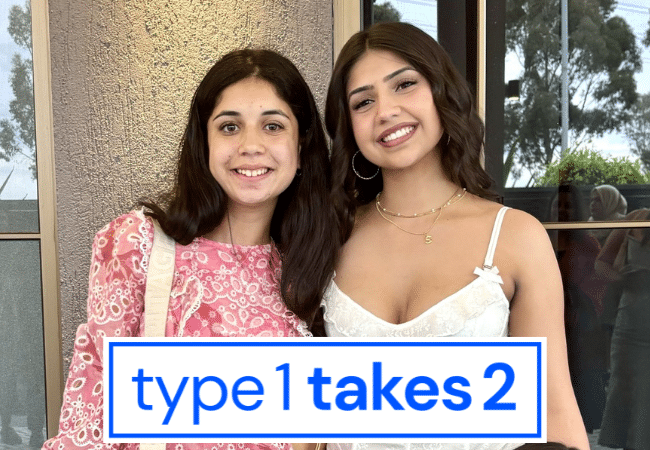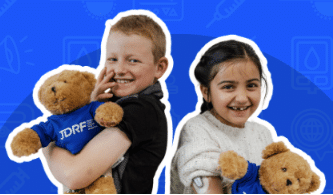“You are not alone”: maintaining hope when living with type 1 diabetes

Type 1 diabetes (T1D) is a 24/7 disease. It’s a complex and chronic auto-immune disease, with no cure, that requires people living with it to make constant decisions that will impact their health.
This is no doubt fatiguing for people living T1D and those that are close to them. This year marks 100 years since the development of insulin, and we now have a much greater understanding of T1D. There have also been significant advances in technology that help people with T1D live a full life.
Yet, 100 years on, insulin remains the only treatment option. This means the needles, injections, finger pricks, bulky devices and constant monitoring remain.
Dakota has lived with type 1 diabetes for 12 years and has experienced advancements in treatment and care, but he is hopeful for a better future. We spoke to Dakota about how T1D has impacted his life, and what advice he would give to others out there struggling with the disease.
What was it like to be diagnosed with type 1 diabetes?
I was on holiday in Western Australia, and I remember being freezing all the time (even though it was between 30 and 40 degrees every day). I was so thirsty and was drinking 4 litres of water a day. When I arrived back in Perth, my mum took me to the doctor and from there I was rushed to hospital. I had lost 10 kgs in a week and my blood sugar level was 42 (outside the usual range of 4-8). I was very weak after my diagnoses and the first few weeks were a blur. So many sessions with doctors, educators and nutritionists, but I in a weird way enjoyed it. It was learning something new.
How do you feel type 1 diabetes has impacted your life?
Type 1 diabetes has significantly changed my life, but not in the way most people think. It’s not the food or drinks that I can or can’t have, it’s the choices that you have to consider. T1D has made me a professional overthinker. Have I eaten enough or too much? Have I taken enough or too much insulin? Have I exercised today? How much alcohol can I have? Am I stressed?
I can still do almost everything anyone else can, but there are more significant consequences for some of my actions and I must factor in the implications of these choices.
What are some of the challenges about type 1 diabetes you wished other people understood?
There is no downtime. Ever. It’s not the finger pricks, the needles, the shaky low-blood sugar episodes or nauseating high blood sugars…. it’s that there is never any reprieve. The continuous calculation. Christmas, your birthday, your first day at work or your graduation, it’s still there.
What are your hopes for the future of type 1 diabetes?
I can’t wait for closed-loop insulin pumps to take another quantum leap. A system that is so advanced that you don’t have to prick your finger or change your insulin pump or sensor for a week or more, is not too far away. Removing these calculations and decisions is a huge weight off my mind and allows me to continue in my life.
What do you think has the biggest ability to help achieve your hopes for type 1 diabetes?
I believe JDRF Australia has the potential to achieve my type 1 hopes for many reasons.
- The organisation provides me with hope. Hope that I don’t have to be a bystander and just “deal with it”. It provides an ability to be involved and help work towards a better life for people living with type 1 diabetes.
- It makes me part of a community of like-minded people, with similar experiences. It helps me feel less alone, with a disease that can sometimes make you feel very isolated.
- It works with leaders in type 1 diabetes research to not only find a cure, but to improve the lives of people living with it today!
What would you say to others out there in the type 1 diabetes community who are looking for hope after a new diagnosis or dealing with a T1D related challenge?
1. You are not alone. There is always someone to talk to – family, friends, educators, doctors, others living with T1D, or the JDRF Peer Support Network.
2. If it feels like everything is going wrong, go back to basics. The lessons you learn when you are first diagnosed are often the best way to re-centre yourself and get control.
3. You are going to get it wrong sometimes, and that’s alright. Try to learn from mistakes and most importantly, forgive yourself.
4. Remember that you have type 1 diabetes, type 1 diabetes doesn’t have you!
****
By adding your voice to the conversation, you can be part of history and help JDRF shape the future of type 1 diabetes. Your hopes will help us focus our research, advocacy and fundraising efforts as we work towards our vision of a world without type 1 diabetes. Share yours by clicking the button below.
It’s also important to support organisations that are working hard to support people living with T1D. That’s why I shared my type 1 hope through JDRF so that my voice can help shape a better future for type 1 diabetes.




